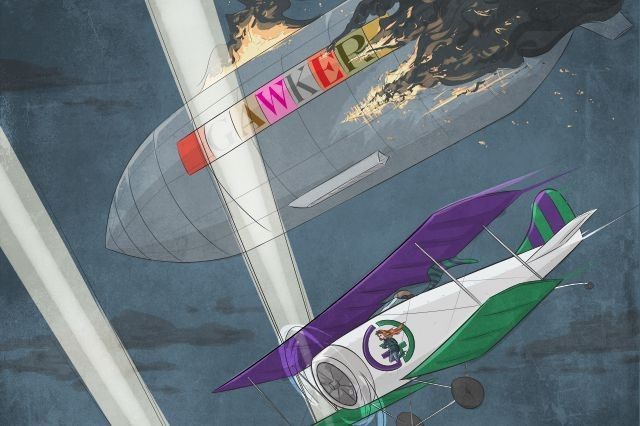Max Read, former editor-in-chief of Gawker, highlighted GamerGate as the “most effective enemy” of Gawker Media today in a new tell-all article for New York Magazine.
Read devoted an entire section of his piece to the consumer movement, explaining how Gawker’s once-mighty media empire was humbled by a group of politically inexperienced hobbyists who banded together and refused to give up.
As Gawker was imploding in the summer of 2015, a group of teenage video-game enthusiasts was throwing gasoline on the already-raging fire. These were the Gamergaters. Of all the enemies Gawker had made over the years — in New York media, in Silicon Valley, in Hollywood — none were more effective than the Gamergaters.
Read then explained that Gawker’s downfall first started to become visible after his failure to discipline Gawker reporter Sam Biddle for pro-bullying comments, leading GamerGate to contact advertisers on the site, which caused “crisis” at the company.
And so Gawker went into full-on crisis mode. Our chief revenue officer flew to Chicago to meet shaky clients; someone I hadn’t spoken with since high school Facebook-messaged me to let me know that her employer, L.L.Bean, a Gawker advertiser, was considering pulling its ads. Nick asked me to draft a non-apology apology — a clarification, basically, that we did not, institutionally, support bullying. Sam was compelled to tweet an apology. Joel, then the executive editor, published on Gawker, over the objections of the editors, another clarification. I then published, without Joel’s knowledge, an apology for the apology. Perhaps tellingly, it was the first time I’d ever really been confronted with the business side of Gawker besides small talk at parties.
Then it all went away. Gawker had taken a hit — thousands of dollars of advertising gone, at least. But in the weeks we’d been hemorrhaging advertisers and goodwill, stories in the New York Times and other outlets — the real media—and a segment on The Colbert Report made it clear that the Gamergaters were the bad guys in this case, not us. The sites went back to normal.
But of course it didn’t go away. Gamergate proved the power of well-organized reactionaries to threaten Gawker’s well-being. And when Gawker really went too far — far enough that even our regular defenders in the media wouldn’t step up to speak for us — Gamergate was there, in the background, turning every crisis up a notch or two and making continued existence impossible.
Read resigned from Gawker in July 2015, and it was announced on Thursday that Gawker.com would be shutting down next week after being made bankrupt and auctioned off as a result of the Hulk Hogan VS Gawker case.
Gamers aren’t dead, but Gawker is.
Charlie Nash is a reporter for Breitbart Tech. You can follow him on Twitter @MrNashington or like his page at Facebook.

COMMENTS
Please let us know if you're having issues with commenting.